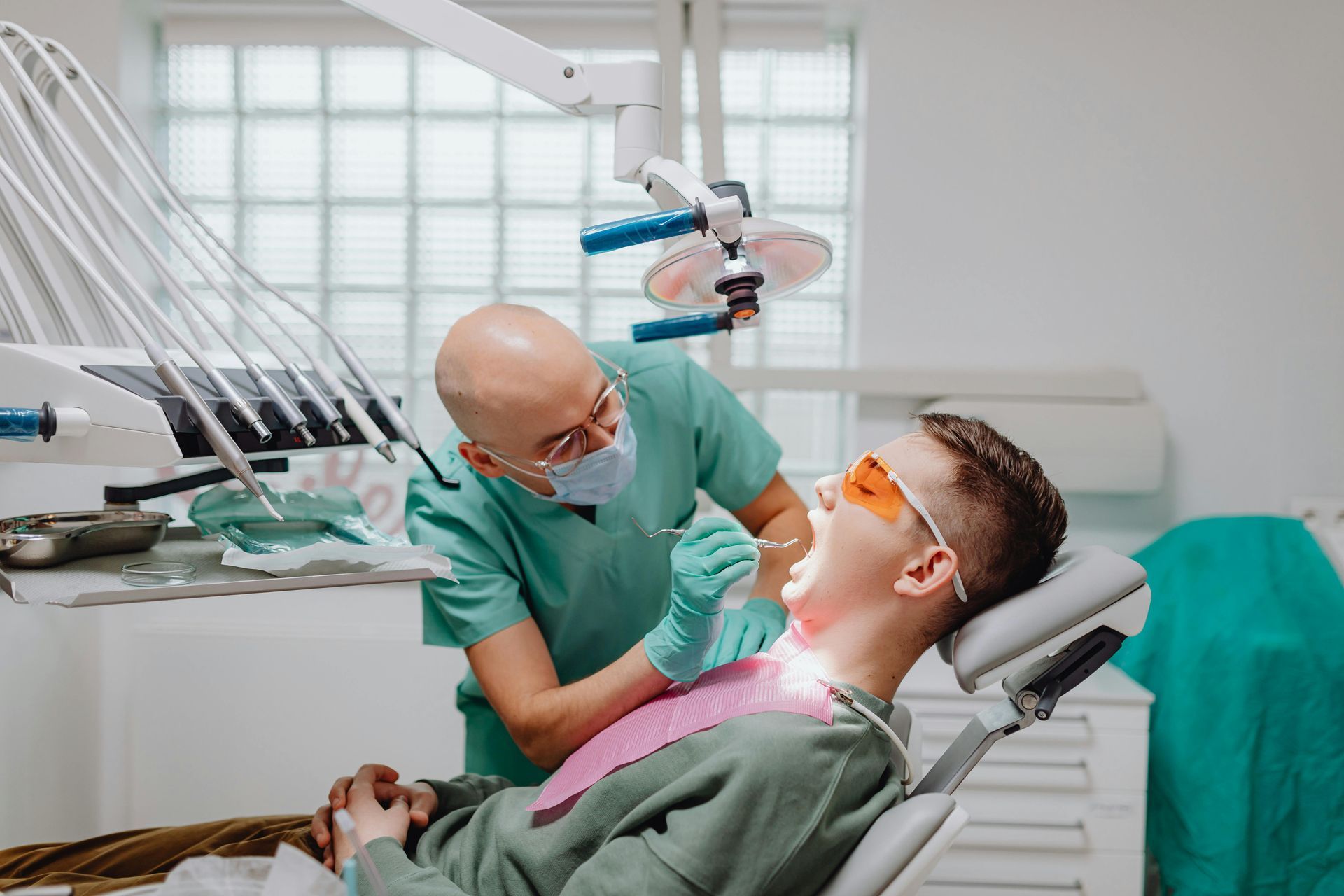Say Goodbye to Cavities: Effective Prevention Strategies
Understanding Tooth Decay and Its Causes
Every twinge when enjoying a cold drink or a sugary treat is a nagging reminder of dental vulnerabilities—cavities. Dental decay, or cavities, result from a dynamic interplay between bacteria, diet, and oral care practices. Embark on a journey to understand and combat tooth decay with our guide on prevention strategies, dietary adjustments, and professional dental treatments.
Tooth decay, or dental caries, is a common health issue that affects many individuals, irrespective of age. It occurs when the tooth enamel, which is the hard, outermost layer of your teeth, is damaged. Understanding the process of tooth decay is crucial for maintaining dental health and preventing the associated consequences such as cavities, root canal therapy, or even tooth loss.
What is tooth decay?
Tooth decay is the result of the demineralization of the tooth enamel due to the acid produced by harmful bacteria in the mouth. It starts with the development of white spots on the enamel that may eventually turn into a cavity—a permanent damage to the tooth structure. If untreated, tooth decay can lead to pain, infection, and might necessitate procedures like Tooth Extraction or more extensive treatments. Recognizing the importance of addressing tooth decay in its earliest stages is essential for preserving oral health.
What causes tooth decay?
Several factors contribute to tooth decay, working together to compromise the integrity of your tooth enamel:
- Sugary Foods and Drinks: Frequent consumption of sugary snacks and drinks can leave sugar residues on your teeth, which bacteria feed on to produce the destructive acids.
- Sticky Foods: Sticky foods can adhere to teeth for longer periods, creating an environment that facilitates acid production.
- Poor Oral Hygiene: Inadequate brushing and flossing allow food particles and dental plaque—a sticky film of bacteria—to build up and promote enamel erosion.
- Dry Mouth: A lack of saliva, which can be due to medication or certain health conditions, can increase the risk of cavities. Saliva helps to neutralize acids and wash away food particles.
- Acidic Foods: Regularly consuming acidic foods can erode tooth enamel directly.
Preventing tooth decay involves a combination of dietary choices, regular oral hygiene, and professional dental care. Simple habits such as using fluoride toothpaste, drinking water to rinse the mouth after eating, and routine dental visits play a pivotal role in cavity prevention. Addressing these factors can significantly reduce the risk of developing cavities and ensure enduring dental health.
The Role of Diet in Preventing Cavities
Diet plays a critical role in the prevention of cavities. What we choose to eat and drink can either provide a defense against tooth decay or contribute to its development. The consumption of certain foods, especially those that are sugary or acidic, can accelerate the process of tooth erosion and cavity formation. Understanding this relationship is key to promoting optimal oral health and minimizing the risk of dental caries. Learning to make healthier food choices, both in terms of nutrition and dental health, can significantly affect the integrity of our teeth.
The impact of sugary foods on tooth decay
The frequent consumption of sugary foods and beverages is one of the leading causes of tooth decay. When sugar is consumed, oral bacteria feed on it, releasing acids as a byproduct. These acids can then attack the tooth enamel, gradually leading to the demineralization of the surface and the formation of cavities. Sugary drinks, including soda and fruit juices, are particularly harmful as they bathe the teeth in sugar, which can exacerbate acid production and enamel erosion. Therefore, it is advised to limit the intake of sugary foods and beverages and rinse the mouth with water after their consumption to mitigate their effects.
Acidic foods and their effect on tooth enamel
Acidic foods and beverages, like citrus fruits, vinegar-based dressings, and wine, can also pose a risk to dental health. These substances have a low pH, which can directly erode tooth enamel and weaken its structure. Frequent exposure to acidic substances can accelerate the wear of enamel, making the teeth more susceptible to decay. To counteract the effects of acidic foods, it is beneficial to pair them with foods that neutralize acids, such as dairy products, and to wait at least 30 minutes before brushing teeth after consuming acidic food to avoid additional enamel abrasion.
Limiting sticky and sugary snacks
Sticky and sugary snacks pose a particular risk to dental health. Foods like candy, dried fruits, and pastries can cling to the teeth for longer periods of time, giving bacteria more opportunities to produce the harmful acids that lead to cavity formation. Consequently, it is important to limit consumption of these types of foods or choose less sticky alternatives. If consumed, be sure to brush or rinse afterwards to dislodge any remnants from the tooth surface, and consider the use of dental floss to remove particles trapped between teeth.
Importance of a balanced diet for dental health
A balanced diet is as important for dental health as it is for overall wellbeing. A diet rich in fruits, vegetables, lean proteins, and whole grains can help support tooth structure and oral health. Vitamins and minerals found in these foods, such as calcium, phosphorus, and vitamin C, are essential for maintaining the strong bones and teeth, and can aid in the remineralization of enamel. Additionally, including foods with high water content, like cucumbers and apples, helps stimulate saliva flow which naturally rinses away food particles and neutralizes mouth acids. These nutritional building blocks are important allies in the fight against tooth decay and cavity prevention.
Practical Steps for Cavity Prevention
To maintain a cavity-free smile, implementing daily dental care routines and making smart choices is vital. Here are some essential actionable steps you can take to prevent cavities:
- Brush Properly and Regularly: Brush your teeth at least twice a day with a fluoride toothpaste. Fluoride strengthens tooth enamel and can reverse early signs of tooth decay.
- Floss Daily: Flossing removes food particles and plaque from between teeth where a toothbrush might not reach.
- Chew Sugarless Gum: Chewing sugar-free gum can increase saliva flow, which helps wash away food and neutralize the acid produced by dental plaque bacteria.
- Minimize Snacking: Frequent snacking increases the amount of time your teeth are exposed to acids. If you do snack, choose healthier options and drink water to help clean your mouth.
- Visit Your Dentist Regularly: Regular check-ups can catch early signs of decay, making treatment simpler and less expensive.
- Drink Fluoridated Water: Fluoridated water strengthens teeth from the inside out and is available in many municipal water supplies.
By integrating these preventive measures into your daily life, you can dramatically reduce your risk of developing cavities.
Regular Dental Visits and Cleanings
Keeping up with dental appointments is a cornerstone of good oral hygiene and cavity prevention. Dentists recommend a visit every six months for a professional cleaning and check-up. During these visits, dental hygienists remove plaque buildup and tartar that regular brushing and flossing may miss. They also polish your teeth to remove stains and smooth the tooth surface, making it more difficult for plaque to stick.
Your dentist will examine your teeth for early signs of decay, like white spots on enamel, and can provide timely treatment to prevent a simple cavity from becoming a root canal situation. These appointments also give you a chance to discuss any concerns and receive personalized oral hygiene tips.
Sealants and Their Role in Cavity Prevention
Dental sealants are a preventive measure that can significantly reduce the risk of cavities. They act as a barrier, covering the grooves and crevices of the back teeth – areas most prone to decay. Here’s why sealants are effective:
- Protective Shield: Sealants cover the pits and fissures on chewing surfaces, preventing food particles and bacteria from getting trapped and causing decay.
- Painless Procedure: Applying sealants is quick and pain-free. The sealant material is simply painted onto the tooth surface and hardens in place.
- Long-Lasting: With proper care, sealants can protect teeth for up to 10 years.
Sealants are particularly beneficial for children and teenagers, as they protect the teeth during these higher risk years, but adults can benefit from sealants too.
Fluoride Treatments for Strong and Healthy Teeth
While fluoride is often mentioned in connection with toothpaste and drinking water, professional fluoride treatments provided by a dentist are also a powerful tool in cavity prevention. These treatments contain a higher dose of fluoride than what is found in over-the-counter products and can help to:
- Restore Mineral to Teeth: Fluoride aids in the remineralization of enamel, repairing minor tooth decay before it becomes a cavity.
- Fortify Teeth: Regular fluoride treatments can make teeth more resistant to acid attacks from plaque, bacteria, and sugars.
Especially for patients at high risk for cavities, professional fluoride treatments can be an essential preventive service, offering added defense against tooth decay. Your dentist may recommend a fluoride treatment every 3, 6, or 12 months, based on your individual needs.
Recognizing Warning Signs and Seeking Treatment
Recognizing the early warning signs of cavities can make all the difference in effectively treating tooth decay and preserving your dental health. These signs may be subtle at first, so paying close attention is crucial. Look out for visual cues like white spots on your enamel, which can indicate areas where minerals have been lost and a cavity may form. Also, be vigilant about any unexpected tooth sensitivity or pain when consuming hot, cold, or sweet foods as these can be indicators of decay.
Moreover, bad breath or an unpleasant taste that persists could be a sign that harmful bacteria are active in your mouth. Finally, if you notice any holes or pits in your teeth, make an appointment with your dentist immediately. These are clear indicators that cavities have developed and need professional treatment. By recognizing these warning signs and seeking treatment promptly, you can prevent more severe oral health issues and potentially avoid more extensive procedures like root canals or extractions.
The importance of early detection
Capturing tooth decay at an early stage is invaluable. When identified quickly, remedial actions such as fluoride treatments can be applied to reverse the damage, making early detection a crucial element in preventing tooth loss and more invasive dental procedures. On the other hand, untreated tooth decay can lead to a host of complications including dental abscesses, severe pain, and loss of the affected tooth.
It is also financially beneficial to detect cavities early. Smaller cavities are easier and less expensive to repair than advanced decay. Your dentist can detect cavities during routine exams, even before symptoms appear, making regular dental appointments a key aspect of early cavity detection.
Understanding the symptoms of tooth decay
Tooth decay often starts subtly and may go unnoticed without regular dental check-ups. The symptoms vary depending on the extent and location of the decay, but common signs include:
- Toothache: spontaneous pain or pain that occurs without an apparent cause.
- Tooth sensitivity: a tender or painful response to hot, cold, or sweet stimuli.
- Visible holes or pits in the teeth.
- Brown, black, or white staining on any surface of a tooth.
- Pain when biting down.
To determine if symptoms indicate tooth decay, it is essential to visit a professional for a definitive diagnosis.
Importance of seeking professional help
It's crucial not to ignore the symptoms of tooth decay, as they typically indicate existing damage to the enamel or underlying layers of the tooth. Only a professional can assess the full extent of the problem and recommend appropriate treatment options. Moreover, if symptoms are not addressed quickly, decay can progress and result in severe pain and tooth loss. Regular dental visits allow professionals to catch issues early on and to monitor any changes in dental health.
Root canal therapy and its benefits
Root canal therapy is often the recommended treatment when decay has reached the tooth's pulp—the central, living part of the tooth. The procedure involves removing the infected pulp, cleaning and disinfecting the inner channels of the tooth, and then filling and sealing them. Benefits of root canal therapy include:
- Alleviating painful symptoms associated with infected tooth pulp.
- Preventing the spread of infection to other teeth or other areas of the mouth.
- Preserving the natural tooth, which is often preferable to extraction.
- Enhancing the overall health of the mouth and preventing further complications.
Root canals have a high success rate and can last a lifetime with proper care, making them an effective solution for saving a tooth severely affected by decay.
At Don River Dental we give you the best tips to prevent Cavities. If you are experiencing any symptoms or pain please feel free to call us at (416) 901 - 9292 and someone from our team will be happy to answer any questions and schedule an appointment as soon as possible. We offer safe soothing dentistry in North York.












